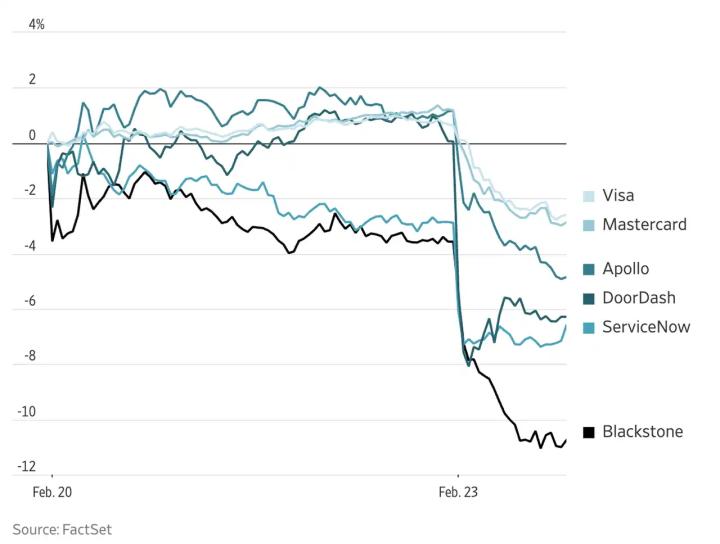Compiled by: TechFlow
Traditional financial institutions should actively embrace competition rather than suppress emerging companies through anti-innovation regulations, said Summer K. Mersinger, CEO of the Blockchain Association.
Healthy competition drives innovation and delivers better products to consumers, which is at the heart of America's economic leadership. Unfortunately, with the bipartisan GENIUS Act officially signed into law, many traditional financial institutions appear to be wavering on the innovation that stablecoins can bring to the financial markets.
Bank lobbying groups and public affairs teams have been complaining to Congress about the bill, urging lawmakers to reopen the debate and amend the legislation to ensure the stablecoin market doesn’t grow too quickly, protecting bank profits and limiting consumer choice.
This reaction is both exaggerated and unnecessary. What traditional financial institutions should really do is embrace competition and launch innovative products and services that consumers truly need, rather than suppress emerging companies through anti-innovation rules and regulations.
The GENIUS Act was carefully crafted through comprehensive bipartisanship to strengthen consumer protections, ensure regulatory oversight, and maintain financial stability. Efforts to roll back its provisions serve more to protect entrenched banking interests than to protect families. This competition helps ensure that the U.S. banking system remains the strongest and most innovative in the world.
Critics warn that allowing stablecoins to offer rewards could lead to a massive exodus of deposits from community banks, with figures even mentioned as high as $6.6 trillion. However, further analysis suggests such concerns are unfounded .
An analysis published in July 2025 by consulting firm Charles River Associates found no statistically significant relationship between stablecoin adoption and the loss of community bank deposits . In fact, the vast majority of stablecoin reserves remain in the traditional financial system—either held in commercial bank accounts or invested in short-term Treasury securities—and these reserves continue to support liquidity and credit in the broader U.S. economy. Those dire estimates rely on the unrealistic assumption that every dollar of stablecoin issuance permanently leaves the banking system.
Stablecoins don't draw resources from the lending business. In fact, according to a Treasury Department report , their growth could increase inflows into the U.S. money supply over time . This means Americans can enjoy access to a modern, programmable digital dollar without threatening the availability of credit within their community.
Others are calling for the repeal of Section 16(d) of the GENIUS Act, which allows subsidiaries of state-chartered institutions to conduct stablecoin business across state lines without requiring additional licensing . Repeal of this crucial section would result in a fragmented, ineffective regulatory system that would stifle interstate commerce.
Innovation has always been the lifeblood of American capitalism—it’s what distinguishes a dynamic market economy from a stagnant, protective economy. Rather than trying to squeeze out new market entrants, banks should work to ensure that current and future customers have access to cutting-edge products and services, including healthier interest rates on deposit accounts.
Despite the Federal Reserve's current target interest rate exceeding 4%, the average checking account yields only 0.07% and savings accounts 0.39%. This disparity reflects not consumer protection but the value captured by banks. In contrast, stablecoin reward programs allow platforms to compete directly for customers, forcing traditional institutions to provide better value.
When competition exists, consumers are the winners.
The GENIUS Act positions the United States as a global leader in digital finance while maintaining the strongest consumer protections. Congress has already addressed these issues through careful bipartisan deliberation. The law requires reserves to be held one-to-one in cash or Treasury securities, imposes strict licensing and oversight, and provides transparency far beyond that of traditional deposits. Revisiting these issues now would undermine consensus and threaten America's leadership in digital finance.
Stablecoins are not a vulnerability; they are an innovation that protects the stability of the banking system while delivering the benefits of competition to consumers. Policymakers should see through this fear-mongering and adhere to the balanced, bipartisan framework already enacted by Congress.
Innovation and competition built America's financial leadership. Now is the time to make it work again—and not let vested interests stand in the way of its promising growth. American consumers deserve more choices.







